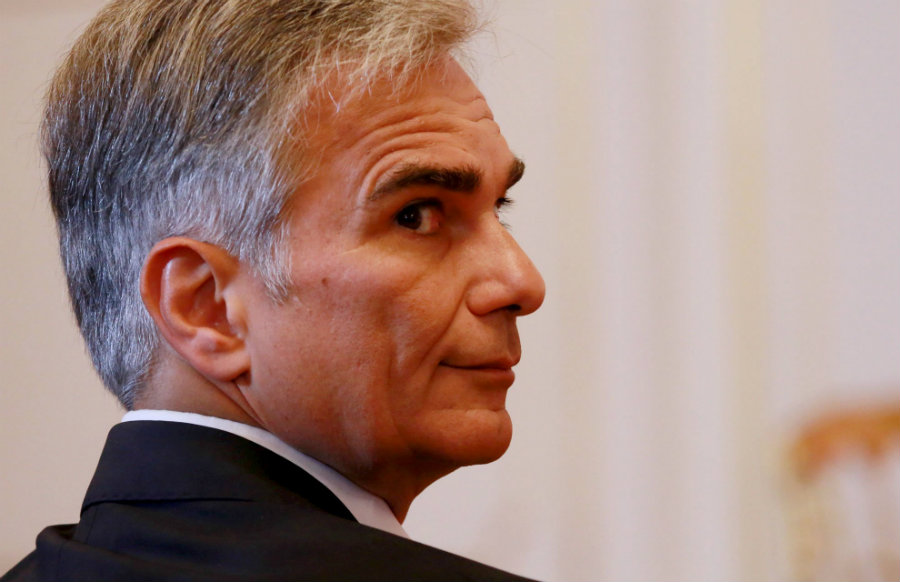Vienna – Austrian chancellor, Werner Faymann, resigned on Monday due to the insufficient support of his party among the current challenges in the country, which is mostly the migrant crisis. The resignation comes just after a rightward shift in Austrian politics.
The party leader of the center-left Social Democrats, a position to which he also resigned, served as a chancellor for over eight years. The move from Faymann comes after the first round of the presidential election that was led by the right-wing Freedom Party with over 30 percent of the votes, as reported by the New York Times.

“We need to fight unemployment, guarantee social cohesion and, in the refugee crisis, ensure order and humanity,” said the former chancellor. “The question was this: Did I have the full support of a strong backing from the party? I have to answer in the negative. The majority is not enough,” he added.
During the announcement, he thanked his colleagues who stood by him during this days. Faymann was the European Union’s second-longest-serving national leader after German Chancellor Angela Merkel and among the highest-profile political casualties amid a backlash against established parties and uneasiness over the migrant crisis currently in the continent.
Unlike the Social Democrats, a party that has governed for over the past decade and is significant decreasing in popularity, the Freedom Party urges for more drastic measures against migrants. Austria had recently adopted a tougher stance toward migrants due to the pressure from the right-wing party.
After the resignation announcement, Michael Häupl, the veteran mayor of Vienna who won a tight race last year with a pro-immigrant stance, will be taking over the leadership of the Social Democrats. As for a new chancellor, is still unknown when someone will take office.
Wind of change
According to Peter Hajek, a political analyst based in Vienna, the changes in Austria are due to a true wind of change. The majority of the people are fed up with the current system, which opens up greater room for right-wing groups and populist across Europe, Hajek told the Washington Post.
The Freedom Party’s presidential candidate Norbert Hofer led the latest presidential elections but missed the 50 percent threshold for outright victory. On May 22, Hofer will be facing a runoff election against former Green Party chairman Alexander Van der Bellen.
Source: The New York Times
